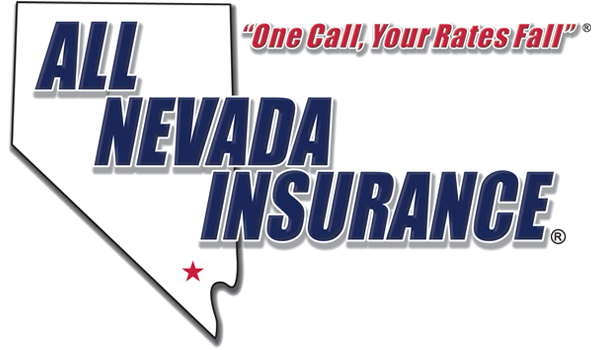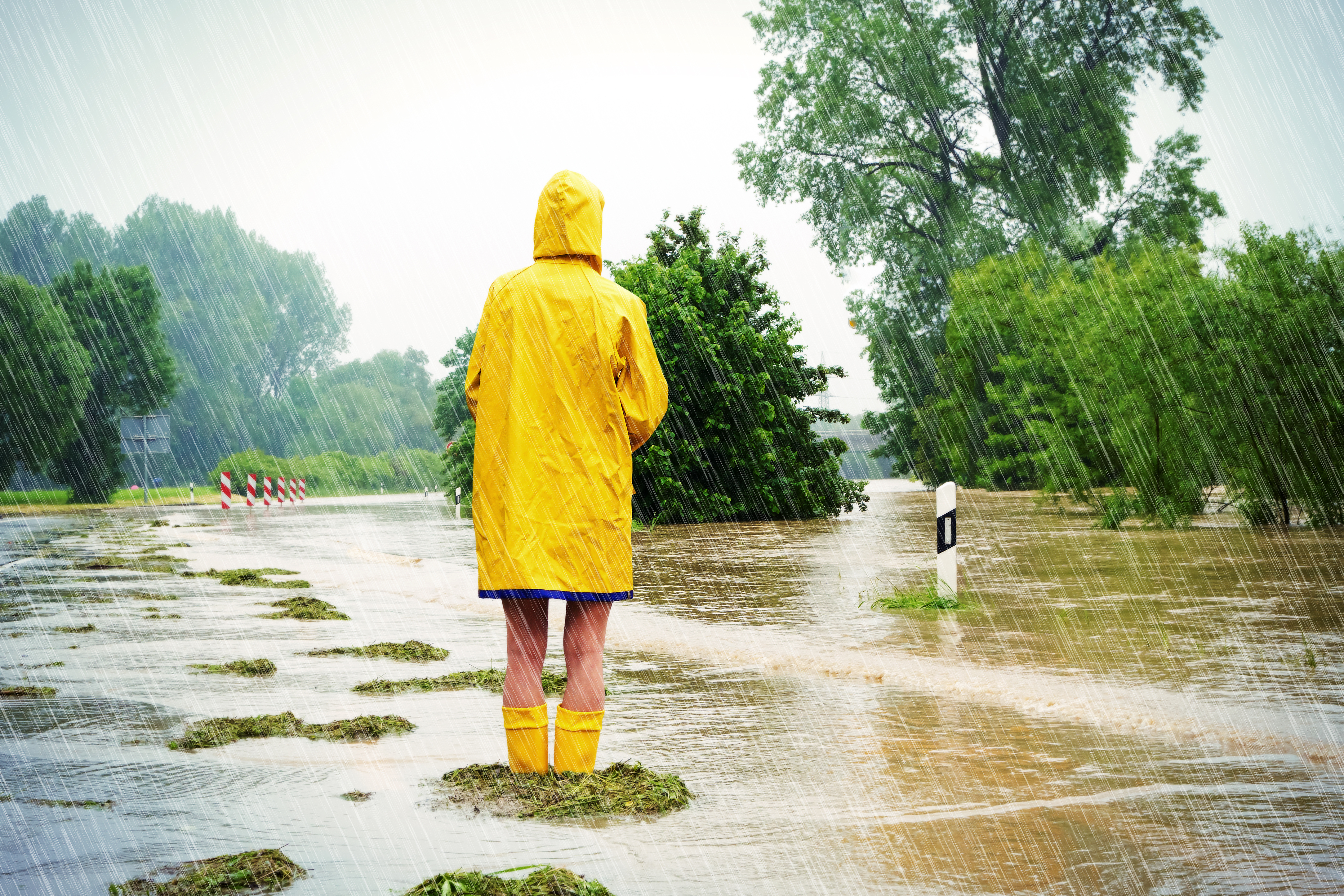
Your business insurance isn’t your flood insurance coverage.
When it rains, it pours. When it pours over your building and business, it can be hard, or even impossible, to recover. Flood damage will affect your business as well as the premises, threatening the survival of your shop, warehouse, restaurant, office, or other commercial business. Dealing with the effects of flooding means more than just clearing up the flood damage, you also need to get the business operating as quickly as possible. When time is money, you have no spare minutes to waste.
Many small business owners are under the mistaken impression that their business insurance policies cover them for damages arising from floods. While your policy may cover water damage, flood coverage is entirely different. Just like homeowners flood insurance, commercial flood coverage must be purchased separately in a dedicated policy.
Most flood insurance is sold through the National Flood Insurance Program, which has a standard set of coverage available. Commercial customers in low or moderate risk areas can choose building and contents coverage or content only policy. Those in higher risk areas naturally pay more, and may not have the option to cover contents only.
Generally, the NFIP covers:
- Damage to the building and foundation
- Plumbing and electrical system damage
- HVAC, water heater, and furnace damage
- Built-in appliances such as dishwashers and fridges
- Permanently installed carpeting
- Permanently installed paneling
- Window blinds
- Inventory/merchandise
- Computers
- Machinery
- Business interruption
- Cash, currency, and stock certificates
- Most automobiles
Does your business have the right protection in place? Stay safe throughout the storms by securing your commercial flood insurance policy today. Visit All Nevada Insurance, serving Las Vegas and surrounding cities in Nevada to get started!


 Our Locations
Our Locations







